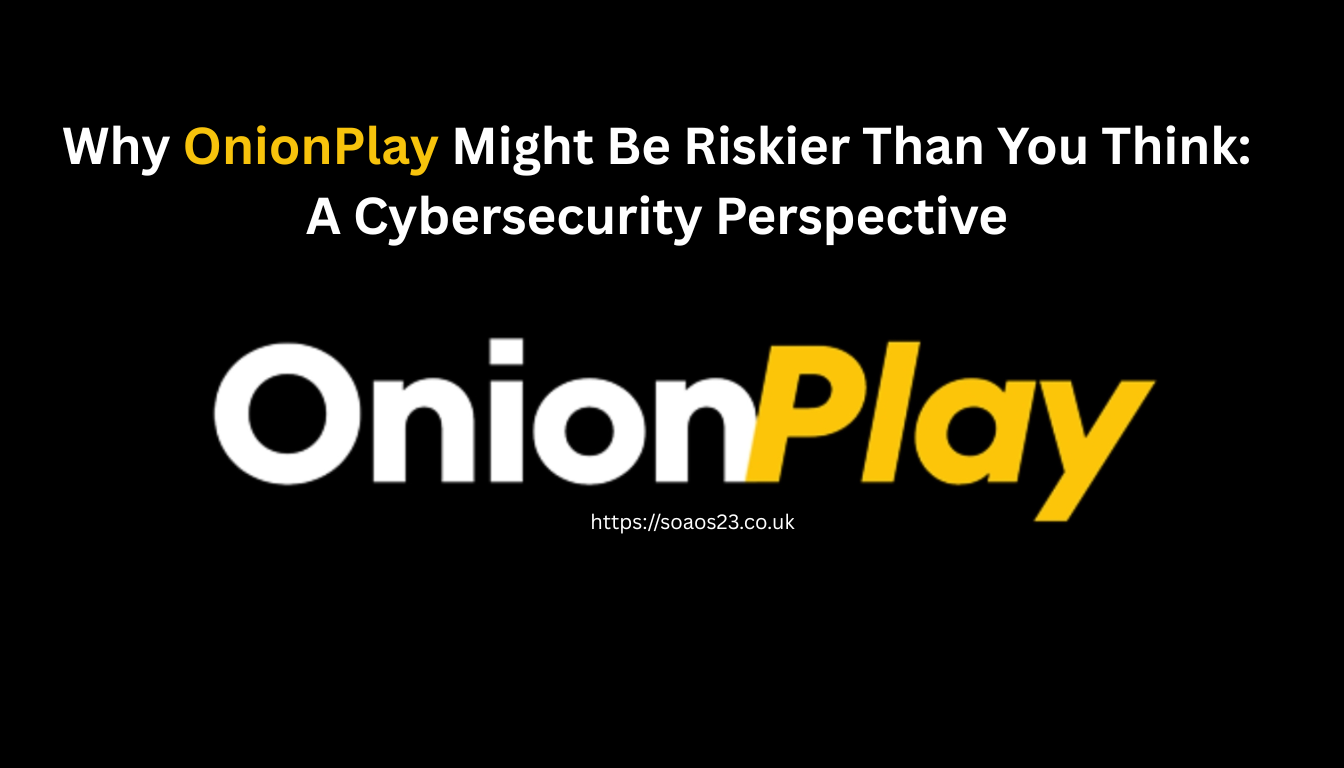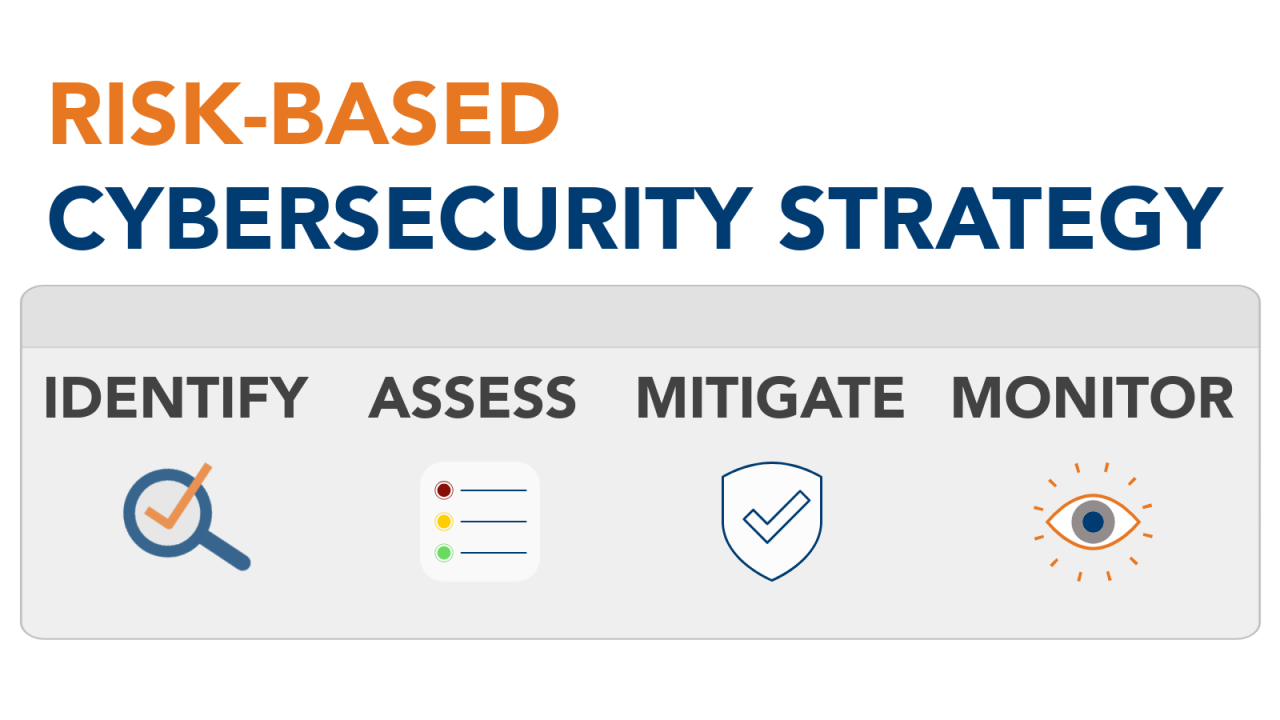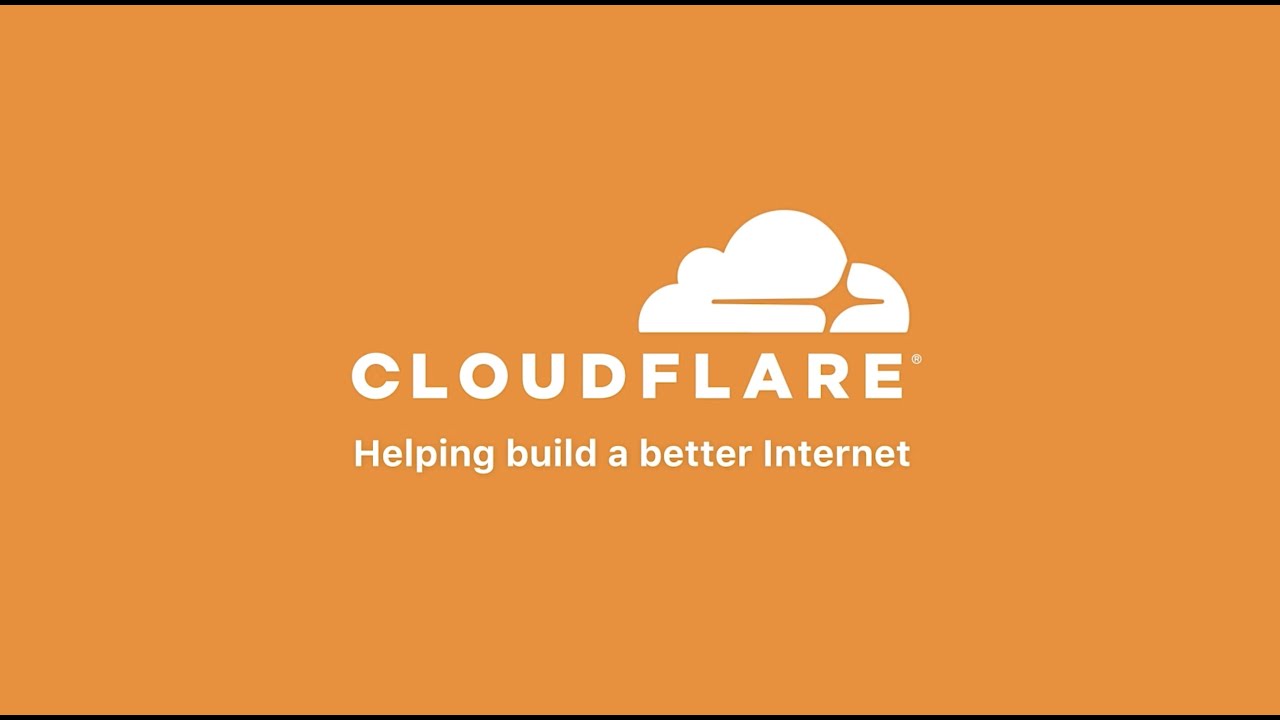In an era where binge-watching has become a global pastime, platforms like onionplay promise endless entertainment at zero cost. With a simple click, users can dive into the latest blockbusters or classic series without subscriptions or sign-ups. But beneath this convenience lies a shadowy underbelly of cybersecurity threats that could turn your casual viewing session into a nightmare. As of 2025, free streaming sites like onionplay attract millions, yet reports show they’re hotspots for malware infections and data theft. Why does this matter? Because streaming piracy isn’t just a victimless crime it’s a gateway to personal financial ruin and legal headaches. This article peels back the layers on onionplay’s risks from a cybersecurity lens, offering insights to help you stream smarter, not harder.
Understanding OnionPlay: The Allure of Free Streaming
Onionplay emerged as a go-to destination for cord-cutters seeking free access to movies, TV shows, and even niche documentaries. Unlike traditional services, it operates as an aggregator, pulling content from third-party hosts and serving it up via embedded players. No accounts, no ads in the traditional sense at least not overtly and a library spanning genres from Hollywood hits to international indie films. Its domain-hopping strategy (frequent URL changes to dodge shutdowns) keeps it resilient, with mirror sites popping up across .city, .ch, and .se extensions.
The appeal is undeniable. In a world where Netflix prices climb and ad-free viewing costs extra, onionplay delivers instant gratification. A 2025 survey by the Alliance for Creativity and Entertainment (ACE) estimated that over 200 million people worldwide engage in some form of pirated streaming monthly, driven by economic pressures and the sheer volume of content overload. For users in regions with limited legal options, it’s a lifeline. But this “free lunch” model relies on unverified sources, creating vulnerabilities that cybercriminals exploit. Onionplay’s lack of oversight no central authority vetting links means what starts as a harmless download prompt could escalate to device compromise.
Deep insight: The site’s design mimics legitimate platforms, fostering trust. Yet, its reliance on user-generated or scraped embeds introduces chaos. One wrong link, and you’re not just watching a movie you’re inviting chaos into your network.
The Hidden Dangers: Cybersecurity Risks on OnionPlay
Free doesn’t mean safe. Onionplay’s ecosystem, built on ad revenue from shady networks, exposes users to layered threats. Let’s break it down.
 Malware and Viruses: The Silent Invaders
Malware and Viruses: The Silent Invaders
Malware is the crown jewel of risks on sites like onionplay. Pop-up ads disguised as “video players” or “quality upgraders” often bundle trojans, ransomware, or keyloggers. Once installed, these can hijack your webcam, mine cryptocurrency in the background, or siphon sensitive files.
Statistics paint a grim picture: A 2025 ACE study found consumers are up to 65 times more likely to encounter malware on piracy streaming sites compared to legal ones. Globally, malware infections rose 87% year-over-year, with streaming portals accounting for 15% of incidents. User reports on forums like Reddit echo this: One viewer described clicking a “HD stream” button only to find their PC slowed to a crawl, later traced to a crypto-miner eating 80% of CPU resources.
Insight: These aren’t random bugs; they’re engineered. Cybercriminals target streaming traffic because it’s high-volume and low-suspicion. Onionplay’s third-party links amplify this hosts in lax jurisdictions like Russia or Seychelles rarely face repercussions.
Phishing Attacks: Baiting the Hook
Phishing thrives in onionplay’s ad jungle. Fake login prompts for “premium access” or “age verification” mimic trusted services, tricking users into entering credentials. Once harvested, this data fuels identity theft or account takeovers.
In 2025, phishing via streaming sites spiked 40%, per Kaspersky’s Gen Z report, often tying into popular titles like anime or Marvel releases. A common ploy: A pop-up warns of “geo-blocked content” and urges VPN downloads from dubious sources, embedding credential-stealing scripts. Quora threads from 2020-2025 are rife with tales of drained bank accounts post-onionplay sessions.
Deeper dive: Phishing here isn’t brute-force; it’s psychological. By leveraging FOMO (fear of missing out) on new episodes, attackers lower defenses. Without HTTPS on many mirrors, data transmission is plaintext ripe for interception.
Data Privacy Breaches: Your Habits, Exposed
Onionplay trackers cookies and IPs without consent, building profiles sold to advertisers or worse. In a post-GDPR world, this violates privacy norms, but enforcement is toothless for offshore ops.
Risks extend to ISP monitoring: In countries like the UK or US, logged activity could flag you for excessive bandwidth, leading to throttled speeds or warnings. A 2025 CyberGen report highlighted streaming platforms as top privacy breach vectors, with 22% of incidents tied to unauthorized sites.
Insight: Privacy erosion compounds over time. Repeated visits create digital footprints, potentially linking to other online behaviors for targeted scams.
Adware and Pop-ups: The Annoyance That Bites
Even “ad-free” claims falter redirects lead to scam portals promising free trials that bill endlessly. These fund the site but expose users to drive-by downloads, where visiting alone infects via exploits.
Legal Ramifications: Beyond the Screen
Cybersecurity and legality intertwine on onionplay. Streaming pirated content breaches the DMCA in the US, with fines up to $150,000 per infringement though users rarely face max penalties. In the EU, directives like Article 17 hold platforms accountable, but users risk ISP notices or civil suits.
Consequences vary: Australia saw 1,500+ warnings in 2024 alone for piracy streaming. Operators evade via mirrors, but users? You’re the weak link. Tie this to cyber risks: A malware-infected device logging illegal streams could invite forensic probes.
Insight: Piracy funds darker webs ads support trafficking or cybercrime syndicates. Choosing onionplay indirectly bolsters these networks, blurring ethical lines.

Real User Experiences: Stories from the Frontlines
Anonymized accounts reveal the human cost. On Reddit’s r/Piracy, a 2025 thread lamented onionplay’s “sudden scam pivot,” with users reporting device bricks after “updates.” Quora reviews from 2020 onward call it a “former gem turned trap,” citing wallet drains post-phishing.
X (formerly Twitter) buzzes with warnings: One user in October 2025 detailed a “game test” scam mirroring onionplay tactics downloads leading to total hacks. Another lost stakes in a crypto wallet after a suspicious link, echoing streaming pitfalls.
These aren’t outliers; they’re patterns. Victims often start with “just one episode,” underestimating escalation.
Comparing Risks: OnionPlay vs. Legal Alternatives
To quantify the trade-offs, here’s a side-by-side:
| Aspect | OnionPlay | Netflix/Disney+ |
|---|---|---|
| Cost | Free (but hidden costs via risks) | $6.99–$15.99/month |
| Content Quality | Variable HD/4K, frequent buffering | Consistent 4K, ad-free options |
| Malware Risk | High (65x legal sites) | Negligible |
| Phishing Exposure | Frequent pop-ups and fakes | Built-in security, no third-parties |
| Legal Safety | Copyright violations, fines possible | Fully licensed |
| Privacy | Trackers, IP leaks | GDPR-compliant, encrypted |
This table underscores: Legal options aren’t perfect, but they sidestep the cyber minefield.
Safeguarding Your Stream: Mitigation Strategies
If curiosity wins, layer defenses. Use ad-blockers like uBlock Origin to neuter pop-ups. A reputable VPN (e.g., ExpressVPN) masks your IP, though it won’t block malware. Run real-time antivirus—Malwarebytes caught 90% of streaming threats in 2025 tests. Never download “extensions” or enter data.
But the real shield? Switch to legal apps. Tools like Reelgood aggregate free tiers from Tubi or Pluto TV, blending affordability with safety.
Insight: Mitigation buys time, not immunity. Proactive habits like verifying URLs via tools like VirusTotal prevent most breaches.
Safer Alternatives: Stream Without the Stress
Ditch onionplay for vetted options:
- Tubi: Ad-supported, 50,000+ titles, zero risk.
- Crackle: Sony-owned, free movies with minimal ads.
- Kanopy: Library card access to indies and classics.
- Paid gems like Hulu’s bundle save long-term, cutting cyber exposure.
These maintain quality while respecting creators and your security.
FAQ: Common Questions About OnionPlay Risks
Is onionplay really illegal to use?
Yes, in most countries. It streams unlicensed content, violating copyright laws like the DMCA. While operators face heat, users risk fines or ISP blocks.
How common is malware on onionplay?
Very up to 65 times higher than legal sites per 2025 data. Pop-ups and links are prime vectors.
Can a VPN make onionplay safe?
It hides your IP but doesn’t stop malware or phishing. Combine with ad-blockers for better odds.
What if I get hacked after using onionplay?
Scan immediately with antivirus, change passwords, monitor accounts. Report to authorities if data’s stolen.
Are there any safe free streaming sites like onionplay?
Tubi and Pluto TV are legit alternatives ad-based but malware-free.
Why do cybersecurity experts warn against onionplay?
Beyond viruses, it erodes privacy and funds crime. Legal streams offer peace of mind.
Has onionplay improved safety in 2025?
No major changes; domain shifts persist, keeping risks elevated.
Wrapping Up: Choose Wisely, Stream Securely
Onionplay’s siren call of free content masks profound cybersecurity pitfalls from malware marauding devices to phishing pilfering identities, all laced with legal landmines. We’ve seen the stats, heard the stories: The cost of “free” often exceeds any subscription fee. Prioritize platforms that value your data as much as your downtime.








 Malware and Viruses: The Silent Invaders
Malware and Viruses: The Silent Invaders


